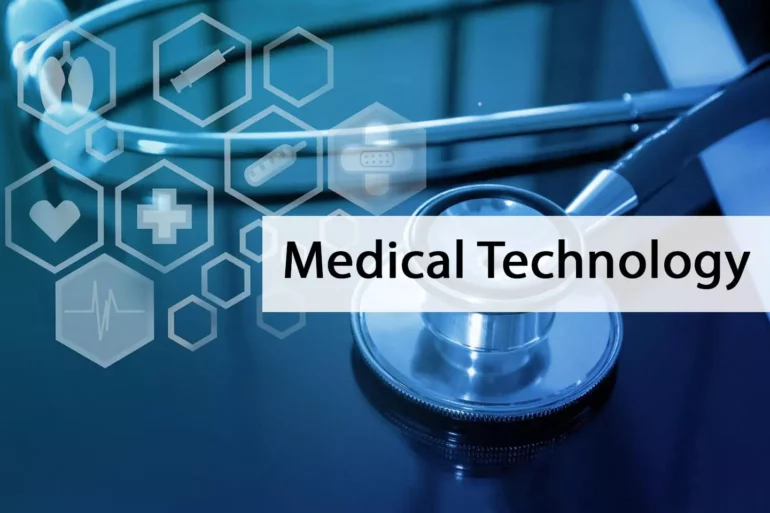Revolutionizing Healthcare: Advancements in Medical Technologies
The field of healthcare has witnessed remarkable advancements in recent years, thanks to the rapid development of medical technologies. These innovations have revolutionized various aspects of medical care, including diagnosis, treatment, patient monitoring, and healthcare delivery. By combining cutting-edge technology with medical expertise, healthcare professionals can now provide more accurate diagnoses, personalized treatment plans, and improved patient outcomes. This article explores some of the most notable medical technologies that have transformed the healthcare landscape.
Artificial Intelligence in Healthcare
Artificial intelligence (AI) has emerged as a powerful tool in healthcare, capable of analyzing vast amounts of patient data and providing valuable insights for diagnosis and treatment. Machine learning algorithms can identify patterns and trends in medical images, such as X-rays, CT scans, and MRIs, aiding radiologists in detecting abnormalities with greater precision.
AI algorithms also facilitate the interpretation of genetic data, helping geneticists predict the risk of developing certain diseases and offering personalized treatment recommendations. Moreover, AI-powered chatbots and virtual assistants are improving patient engagement and streamlining administrative tasks.
Robotics and Minimally Invasive Surgery
Robotic systems have revolutionized surgical procedures by enhancing precision, reducing invasiveness, and enabling remote surgery. Surgeons can now operate with the assistance of robotic arms that provide enhanced dexterity and stability, minimizing the risk of human error. Additionally, robotic surgery allows for smaller incisions, resulting in reduced pain, faster recovery, and minimized scarring. The introduction of surgical robots has paved the way for remote surgery, enabling surgeons to perform procedures on patients located in distant locations, and improving access to specialized care.
Telemedicine and Remote Patient Monitoring
Telemedicine has transformed healthcare delivery by leveraging digital technologies to provide remote medical consultations. Through video conferencing, patients can consult healthcare professionals without leaving their homes, reducing travel time and increasing access to care, especially for those in remote areas. Moreover, remote patient monitoring devices, such as wearable sensors and mobile applications, enable continuous tracking of vital signs, allowing healthcare providers to remotely monitor patients with chronic conditions. This proactive approach facilitates early intervention, preventing complications and reducing hospital readmissions.
Genomic Medicine and Personalized Treatments
Advancements in genomic medicine have paved the way for personalized treatments based on an individual’s genetic profile. Genetic testing can identify genetic variations associated with increased disease risk, enabling healthcare providers to implement preventive measures and tailor treatment plans accordingly. Additionally, pharmacogenomics allows for personalized drug selection and dosing, improving medication efficacy while minimizing adverse reactions. The integration of genomics into clinical practice holds great promise for precision medicine, offering targeted therapies for various diseases, including cancer and rare genetic disorders.
Conclusion
The rapid progress in medical technologies has transformed the healthcare landscape, empowering healthcare professionals and benefiting patients worldwide. Artificial intelligence, robotics, telemedicine, and genomics are just a few examples of innovative tools that have revolutionized healthcare delivery, diagnosis, and treatment.
These advancements have not only improved patient outcomes but have also enhanced the efficiency and accessibility of healthcare services. As technology continues to evolve, it is crucial for healthcare providers, policymakers, and regulatory bodies to adapt and embrace these advancements to ensure their safe and ethical implementation. By harnessing the power of medical technologies, we can unlock the full potential of healthcare and shape a future where improved patient care and well-being are at the forefront of medical practice.






